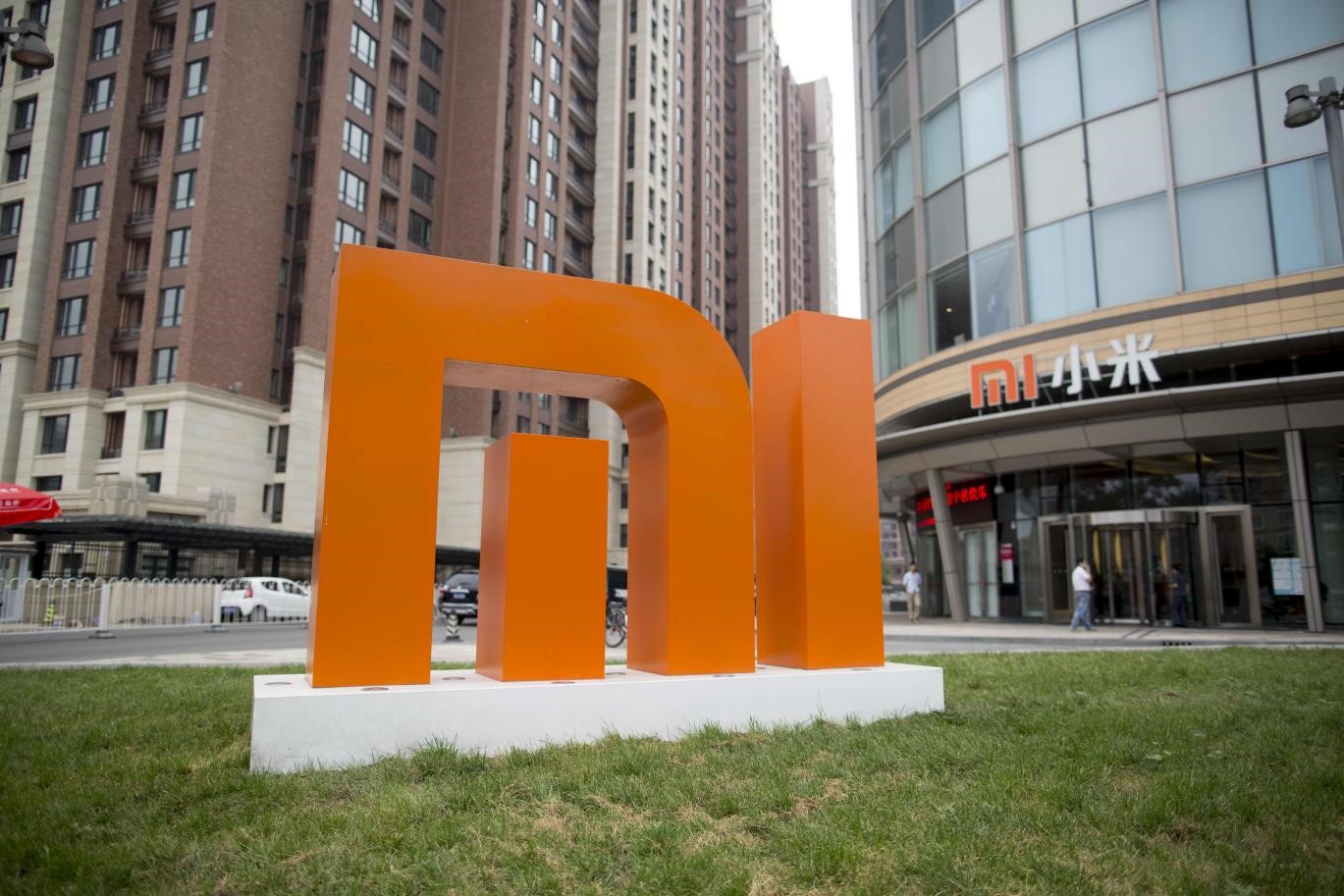
Why Skills-First Leadership Is Replacing the Ivy League Playbook in the C-Suite
The old prestige pyramid—where Ivy League degrees and blue-chip consulting backgrounds paved the way to the CEO seat—is cracking.

January 15, 2021: The Trump administration has added Xiaomi to a blacklist of alleged Chinese military companies.
Xiaomi, Beijing based Company was the world’s third-largest smartphone maker in the third quarter of 2020, according to Counterpoint Research.
Hong Kong-listed shares of the Chinese firm were down 10.6% on Friday.
Xiaomi is subject to a November executive order which restricts American investors from buying shares or related securities of any companies related to the Department of Defense to be a Chinese military company.
The Company is listed in Hong Kong and not in the U.S.
“The Department is determined to highlight and counter the People’s Republic of China’s Military-Civil Fusion development strategy, which supports the modernization goals of the People’s Liberation Army by ensuring its access to advanced technologies and expertise acquired and developed by even those PRC companies, universities, and research programs that appear to be civilian entities,” the DOD said in a statement.
Xiaomi is one of nine entities designated as “Communist Chinese military companies.”
Xiaomi hit back at the U.S. on Friday and said it is not linked to China’s military.
“The Company claims that it provides products and services for civilian and commercial use. The Company confirms that it is not owned or affiliated with the Chinese military, and is not a ‘Communist Chinese Military Company’ defined under the NDAA,” Xiaomi said.
President Donald Trump has used executive orders to target Chinese apps and companies such as Tencent’s WeChat.
The administration has also used a blacklist called the Entity List to restrict American companies exporting technology to Chinese firms. It hit Huawei in particular and saw the Company cut off from Google’s Android mobile operating system, hurting its smartphone sales in markets outside China.
However, Xiaomi has not been put on the Entity List.

The old prestige pyramid—where Ivy League degrees and blue-chip consulting backgrounds paved the way to the CEO seat—is cracking.

Loud leaders once ruled the boardroom. Charisma was currency. Big talk drove big valuations.

But the CEOs who make history in downturns aren’t the ones with the deepest cuts

Companies invest millions in leadership development, yet many of their best executives leave within a few years. Why?

The most successful business leaders don’t just identify gaps in the market; they anticipate future needs before anyone else.

With technological advancements, shifting consumer expectations, and global interconnectedness, the role of business leaders

At seventeen, Professor Richard Rose stepped into a world few adults dare to navigate: the world of children fractured by trauma. He wasn’t a clinician then, nor a scholar. He was simply a young man with a heart tuned to the quiet ache of others.

Following a distinguished Law Enforcement career Joe McGee founded The Securitatem Group to provide contemporary global operational specialist security and specialist security training products and services for private clients, corporate organisations, and Government bodies. They deliver a wide range of services, including complete end-to-end protection packages, close protection, residential security, protection drivers, and online and physical installations. They provide covert and overt investigations and specialist surveillance services with a Broad range of weapons and tactical-based training, including conflict management, risk and threat management, tactical training, tactical medicine, and command and control training.

Jay Wright, CEO and Co-Owner of Virgin Wines infectious energy, enthusiasm, passion and drive has been instrumental in creating an environment that encourages talent to thrive and a culture that puts the customer at the very heart of every decision-making process.

Fabio de Concilio is the visionary CEO & Chairman of the Board at Farmacosmo, a leading organization dedicated to mental health and community support services. With a deep commitment to identifying and meeting customer needs, Fabio ensures that high standards are maintained across the board.

Leave us a message
Subscribe
Fill the form our team will contact you
Advertise with us
Fill the form our team will contact you